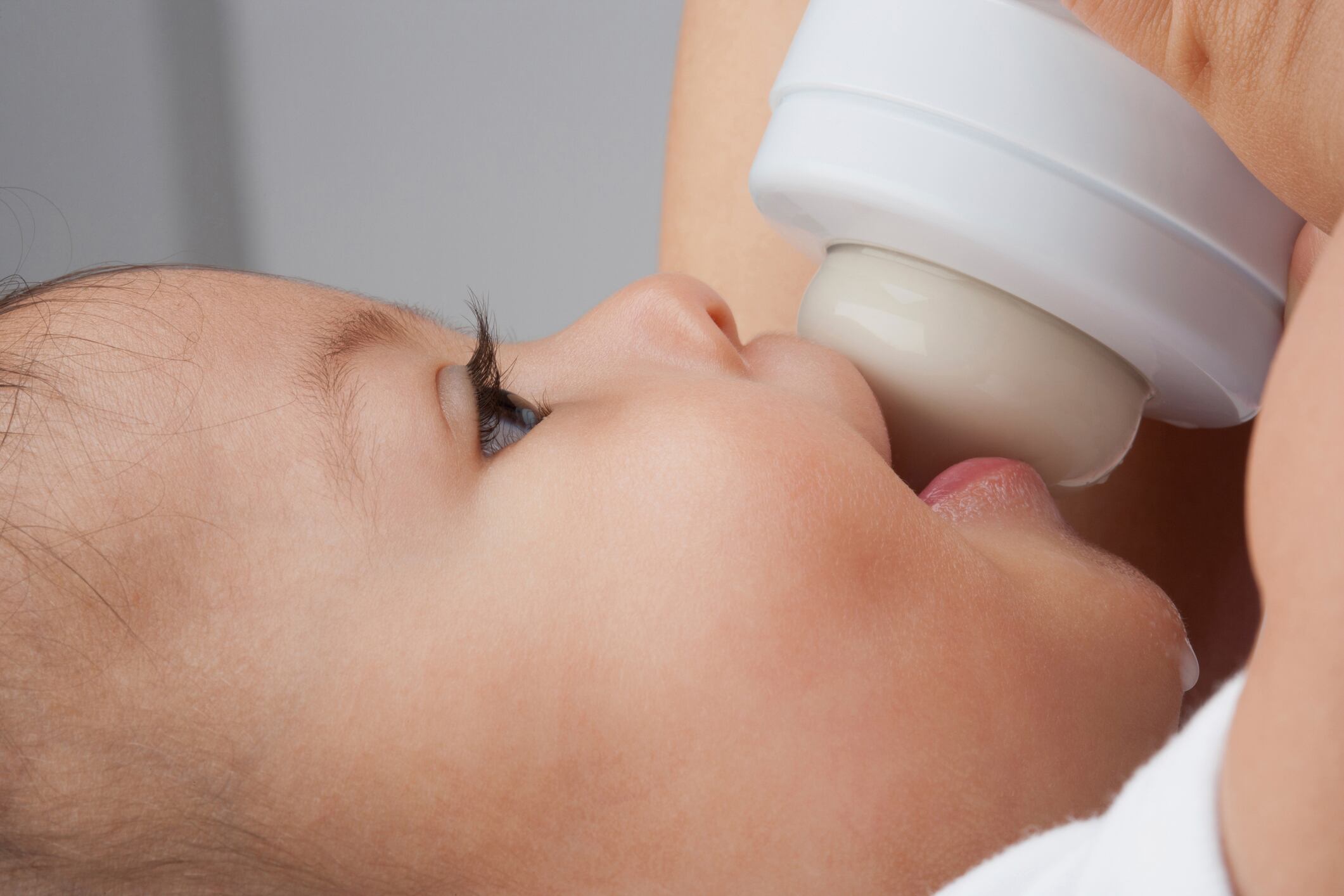In addition, the specific strains of Lactobacillus, Bifidobacterium and Enterobacter were identified to have a critical influence over the infant’s microbiome.
“These results provide a reference for formula supplementation, meaning that formula can be supplemented with beneficial bacteria like those found in breast milk to promote infant gut health,” stated the researchers from the West China Second University Hospital, Sichuan Provincial People’s Hospital, and Hebei Inatural Bio-Tech.
The theories of origin
Ever since the explosion of research into the gut microbiome, there has been prominent controversy over its origins in infants. It has been established that key factors such as mode of delivery and feeding mode can influence the microbiome composition, highlighting the importance of early life in its formation and colonisation.
The discovery of anaerobic bifidobacteria in breast milk led to the “Gut-Mammary” theory, whereby bacteria is hypothesised to travel from the maternal intestine to eventually reach the infant’s mouth and influence gut microbiota. Yet, the specifics of how this origin affects the infants gut microbiome, in terms of whether this is through direct bacterial migration or the indirect influence of SCFAs, remains unclear.
Therefore, the said study looked to compare the effects of breast milk microbiota on the formation and colonization of gut microbiota in new-borns.
Study details
Researchers selected 23 pairs of new-borns and their mothers from the West China Second University Hospital. Participants were sorted into two groups based on the feeding method used within one month of age: a breastfeeding group and a mixed feeding group.
The faecal samples of the infants and breast milk samples of the mothers were collected both on the day of birth and 30 days after birth. 16S rRNA second-generation sequencing and SCFA detection was performed.
It was found that Firmicutes and Actinobacteriota dominated the breast milk microbiota on day 0, whilst Firmicutes and Proteobacteria dominated at day 30 on a phylum level, highlighting composition shifts to meet the changing needs of the infant.
In each group, it was observed that there were significant correlations between breast milk microbiota and infant gut microbiota. Lactobacillus, Bifidobacterium and Enterobacter were found to have a critical influence. “Lactobacillus in breast milk suggested a positive correlation with Bifidobacterium and Clostridium in the infant’s intestine. In contrast, Lactobacillus in the infant’s intestine was positively correlated with Enterobacter in breast milk,” the researchers reported in Nutrients.
The influence of the milk microbiota was also established, with a significantly greater correlation of the milks’ microbiota with the infant’s SCFAs in the breastfeeding group when compared with the mixed feeding group.
This highlights how breastmilk may have an indirect influence over the infant’s microbiome rather than through direct strain influence.
Influence explained
The observed influences of the breast milk microbiota on infant microbiome further establishes the importance of breast feeding, supporting previous studies highlighting beneficial strains such as Lactobacillus and their frequent identification in breast milk.
“Lactobacillus and Bifidobacterium, as the most common beneficial bacteria, can regulate the infant intestinal microbiota, exert antibacterial activity, and inhibit the colonization of pathogenic microorganisms in the intestine,” said the researchers.
“In this study, we found some correlations between breast milk and infant gut microbiota. This correlation mainly reflects the possibility that specific microbiota in breast milk may have an indirect effect on the infant gut microbiota. This is mainly due to the selectivity of the infant’s intestine for bacteria,” they concluded.
Source: Nutrients
2022, 14(24), 5397; doi: 10.3390/nu14245397
“The Effect of Breast Milk Microbiota on the Composition of Infant Gut Microbiota: A Cohort Study”
Authors: Y. Li, et al.




